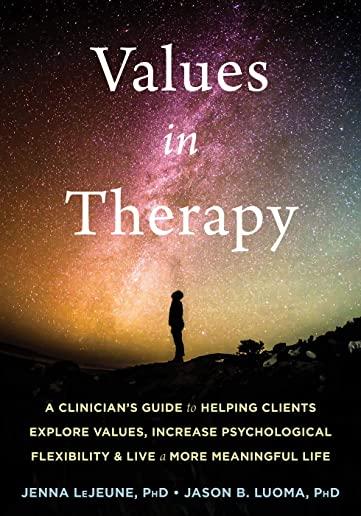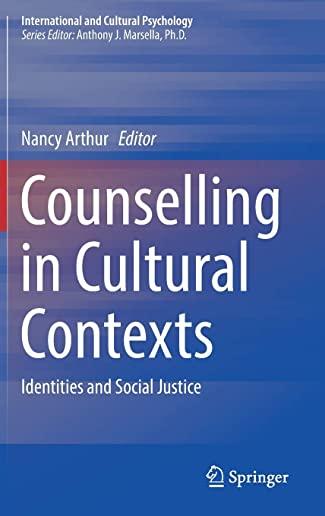
Lynch, Thomas R.
As a clinician, you're familiar with dialectical behavioral therapy (DBT) and its success in treating clients with emotion dysregulation disorders. But what about clients with overcontrol disorders? OC has been linked to social isolation, aloof and distant relationships, cognitive rigidity, risk aversion, a strong need for structure, inhibited emotional expression, and hyper-perfectionism. And yet--perhaps due to the high value our society places on the capacity to delay gratification and inhibit public displays of destructive emotions and impulses--problems linked with OC have received little attention or been misunderstood. Indeed, people with OC are often considered highly successful by others, even as they suffer silently and alone.
RO DBT is based on the premise that psychological well-being involves the confluence of three factors: receptivity, flexibility, and social-connectedness. RO DBT addresses each of these important factors, and is the first treatment in the world to prioritize social-signaling as the primary mechanism of change based on a transdiagnostic, neuroregulatory model linking the communicative function of human emotions to the establishment of social connectedness and well-being. As such, RO DBT is an invaluable resource for treating an array of disorders that center around overcontrol and a lack of social connectedness--such as anorexia nervosa, chronic depression, postpartum depression, treatment-resistant anxiety disorders, autism spectrum disorders, as well as personality disorders such as avoidant, dependent, obsessive-compulsive, and paranoid personality disorder.
In this training manual, you'll find an outline of RO DBT, including history, research, and how it differs from traditional DBT. You'll also find a session-by-session RO DBT outpatient treatment protocol, with sections that outline the weekly, one-hour individual therapy sessions and weekly two-and-a-half hour skills training classes that occur over a period of approximately thirty weeks. This includes instructor guidelines and user-friendly worksheets.
The feasibility, acceptability, and efficacy of RO DBT is evidence-based and informed by over twenty years of translational treatment development research. This important manual--along with its companion book, Radically Open Dialectical Behavior Therapy (available separately), distills the essential components of RO DBT into a workable program you can start using right away to improve treatment outcomes for clients suffering with OC.







